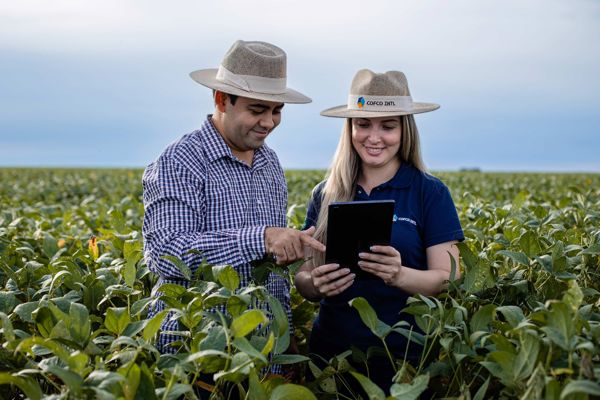
COFCO International’s freight business creates value in strong markets
COFCO International’s Freight Department is benefiting from strong markets, providing value in its services for COFCO International’s commodity desks. It also generates revenue from third party business. It anticipates that these market conditions will continue over the medium term.
Reduced investment in vessels has led to a shortage of supply which – combined with rapidly increasing demand as the global economy recovers from the shock of Covid-19 – has created strong market conditions for freight. Yards are unable to take more orders for more ships before 2024 as their books are already full, and so the supply is unlikely to ease until at least then.
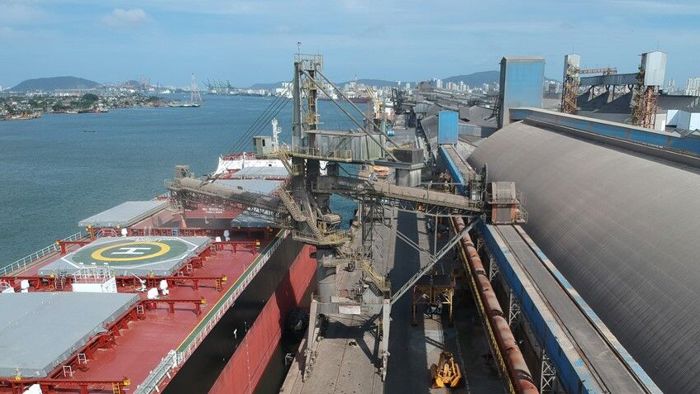
Reduced investment in vessels has led to a shortage of supply which, combined with rapidly increasing demand, has created strong market conditions for freight.
“Despite extreme market conditions, we managed to create value for the business through successful risk management,” says Alessio La Rosa, Global Head of Freight for COFCO International. “We had a good performance in 2020 and we expect to have another strong year in 2021.”
Managing risk
The Freight Department of COFCO International is one of the leading dry bulk operators and freight trading desks. Its fleet of dry bulk carriers supports commodity trading with maritime logistics and risk management around the world, helping to ensure safe and timely delivery of COFCO International’s physical trade.
Its purpose is to manage risk for COFCO International, in particular the market risk by pricing competitively. The business also sells services to third parties, which further ensures its pricing is competitive.
“The trading house set up the freight business to offer internal freight services, but it also had to be an independent profitable unit. Now the market became more transparent, squeezing the operational margin which turned negative for the busiest routes. Therefore, for us to create value, we should continuously identify and manage risks and provide efficient service to the trading house,” La Rosa says.
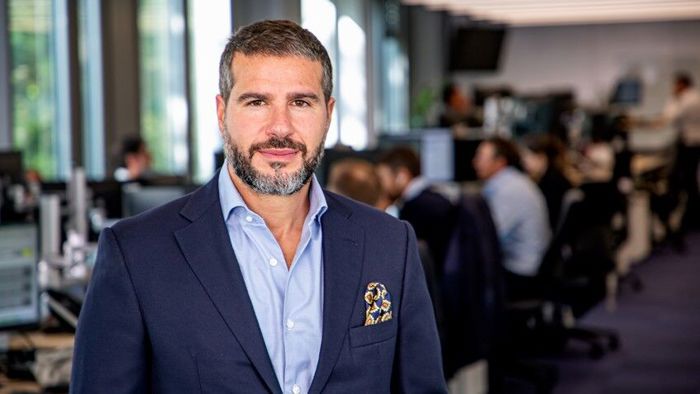
We had a good performance in 2020 and we expect to have another strong year in 2021, says Alessio La Rosa, Global Head of Freight for COFCO International.
Over the next one to two years, the challenge will not be demand for products as there is strong recovery in industry production, says Luis Ferreira, Head of Freight Research. Supply of many commodities will be tight because there has not been enough investment in supply of coal and iron ore, for example.
Predict, or react quickly
There is an endless list of factors which can affect the market and the business’s focus is dictated by those, making its daily work unpredictable, Ferreira explains.
“It can be a logistics issue, it can be a weather problem, a geopolitical event, a macro economic issue – basically, anything can impact our market. Those changes are opportunities, but you have to be quick drawing conclusions, or the market prices before you can take advantage. So, you either need to predict or react quickly enough, whether that be damage control or to take advantage,” Ferreira says.
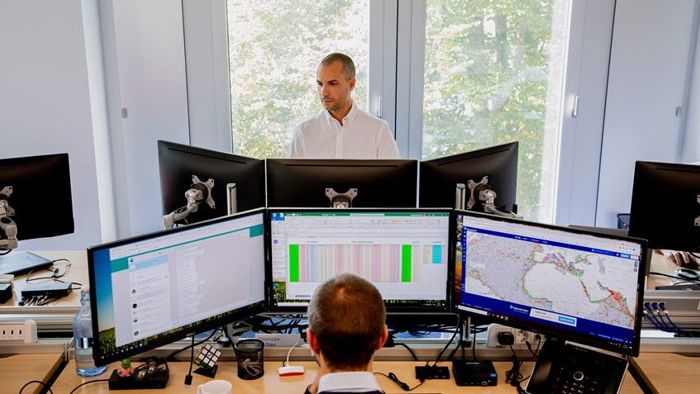
There is an endless list of factors which can affect the market and the business’s focus is dictated by those, making its daily work unpredictable, says Luis Ferreira, Head of Freight Research.
“Of course, Covid-19 had huge implications for the market, particularly during the initial spread when demand dried up. The actual reaction of the market was exacerbated by the ensuing panic. We had been expecting the market to rebound from very low levels in 2019, but Covid capped the upside and had a negative impact on our performance. But this year we are catching up with what was not traded in 2020,” Ferreira says.
“We couldn’t predict Covid but we could react, and panic can hurt us but it also presents an opportunity because of the volatility it introduces. If you identify what is wrong, you can take this opportunity. For some flows such as coal, the rebound will continue beyond this year because the base is so much lower that there is much more upside.”
““We don’t just wake up every morning and sniff the air and do it on instinct. We have good research, strong data and analysis, and we continuously improve our tools.””
Covid-19 volatility
Covid-19 caused major changes across the entire business. As well as the market volatility, there were issues with cases on board some vessels and ship owners being unwilling to call certain ports. Overall, La Rosa is satisfied with how the Freight Division has handled the unpredictability of Covid-19 through its knowledge, experience and operational efficiencies, explaining that it requires a lot of working time that would otherwise be used on something else, as well as the operational risk.
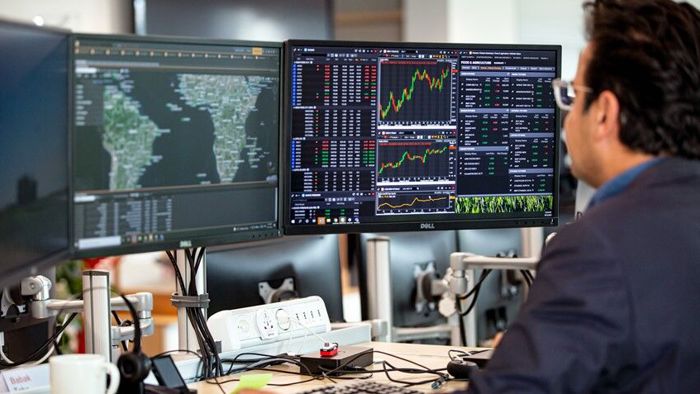
Covid-19 caused major changes across the entire business. As well as the market volatility, there were issues with cases on board some vessels and ship owners being unwilling to call certain ports.
“We incentivise shipowners to be proactive, we sponsor vaccination of the whole crew, we make sure the ships have less contact with the outside world – though you have to do it to some extent, there are always some interactions with ports and people coming on board,” La Rosa says.
“It’s all about preparation and being sure when you charter, it’s the right vessel. Now you have to spend more time making sure you have the right vessel, which is keen to call certain ports, and that the crew is vaccinated. You need to do more checks, and it’s not just a matter of picking the cheapest. We have to be sure we are providing the right service at the right price.”
For the future, one opportunity is further refining the software that allows for in-depth market analysis and prediction, Ferreira says. “Being better equipped – getting the data, from more sources, and particularly designing algorithms to extract value from this data - will mean we can extract the value from very short-term opportunities.”
La Rosa sees opportunities in further improving the generation and application of data to guide decisions, which can make operations more efficient and provide enhanced service to the commodity trading business. “We don’t just wake up every morning and sniff the air and do it on instinct. We have good research, strong data and analysis, and we continuously improve our tools.”
Our fleet
-
Capesize
Length: 260-270 meters
Beam: 42-45 meters
Deadweight: 170,000 - 200,000 tonnes
Draft: 18-20 meters
Cargo: Ores and Minerals -
Panamax
Length: 225-235 meters
Beam: 32-38 meters
Deadweight: 70,000 - 85,000 tonnes
Draft: 13-15 meters
Cargo: Grains, Oilseeds, Fertilizers, Ores and Minerals -
Handymax/Supramax/ Ultramax
Length: 170-195 meters
Beam: 28-32 meters
Deadweight: 28,000 - 63,000 tonnes
Draft: 10-13 meters
Cargo: Grains, Oilseeds, Fertilizers, Minor Grains, Ores, Minerals and Minor Bulk



